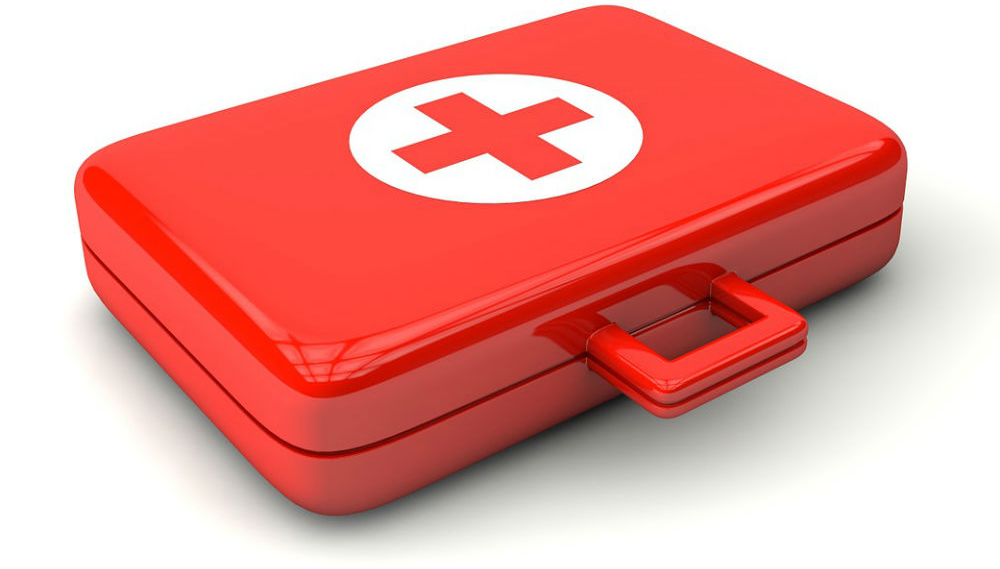I think few would disagree that the cell phone is one of the most essential pieces of modern technology that’s come down the pike in the past 20 years or so. As their technology has improved, they’ve been an especially great boon to travelers, with apps to help with airlines, hotels, rental cars, ground transportation, maps, translation, keeping track of your miles, points and reservations, and so much more. And that’s to say nothing of the ability to stay in touch with your family, friends, and, as needed, work, all thanks to having a cell phone.
If you’re traveling internationally and have data or WiFi service, your cell phone becomes even more critical, especially when you need it for emergencies.

Emergencies can happen any time, any place and anywhere, including when traveling out of the country. If you’re in the U.S., all you need to do is call 911 for an emergency. But if you’re in another county, you’d most likely dial a different number, depending on what country you’re in.
As a very smart “just in case,” here are some emergency numbers for places outside the U.S. These all (or probably will) speak English:
- Australia: 000 (112 on cell)
- British Virgin Islands: 999
- Canada: 911
- European Union: 112
- The Caribbean: Many of the countries, particularly Antigua & Barbuda, Aruba, The Bahamas, Bermuda, Bonaire, Belize, the Cayman Islands, the Dominican Republic, Grenada, Montserrat, St. Kitts, St. Lucia, St. Vincent, and Turks & Caicos: 911
- Jamaica: 110 and 119
- The Philippines: 166 & 177
- New Zealand: 111
- South Africa: 10177 10111
- Switzerland: 112
- United Kingdom: 999 and 112
- United States territories (Puerto Rico, American Samoa, U.S. Virgin Islands): 911
The other countries and places in the world also have emergency numbers, although there’s no guarantee an operator will speak English. Click here for a PDF of the full list.
Finally, you can also turn to the U.S. Embassy’s direct and/or emergency line. They probably won’t be able to help if you need an ambulance or want to report a fire, but they should be helpful in the event of a lost passport, if you need to be evacuated, etc. Click here for the list.
The best advice I can give you is if you’re traveling overseas, look up the number of whatever country or countries you plan to visit, and add it/them to your phone. You know, just in case.
Just hope the country you’re visiting doesn’t decide to change its emergency services to something like this.
Like this post? Please share it! We have plenty more just like it and would love if you decided to hang around and clicked the button on the top (if you’re on your computer) or the bottom (if you’re on your phone/tablet) of this page to follow our blog and get emailed notifications of when we post (it’s usually about 3 or 4 times a day). Or maybe you’d like to join our Facebook group, where we talk and ask questions about travel (including Disney parks), creative ways to earn frequent flyer miles and hotel points, how to save money on or for your trips, get access to travel articles you may not see otherwise, etc. Whether you’ve read our posts before or this is the first time you’re stopping by, we’re really glad you’re here and hope you come back to visit again!
This post first appeared on Your Mileage May Vary

3 comments
Thanks!
Very good info; saves from having to search for each one!
Nice list.
Apropos of nothing, any idea why hotels showers, particularly in Europe have that weird glass that only covers half the area? The bathroom floor often gets soaked and you use all your towels to abate the flooding. It just doesn’t make much sense.
My guess is they want you to be frugal with the water; spray just enough (whatever that is). Use the wand with low pressure.